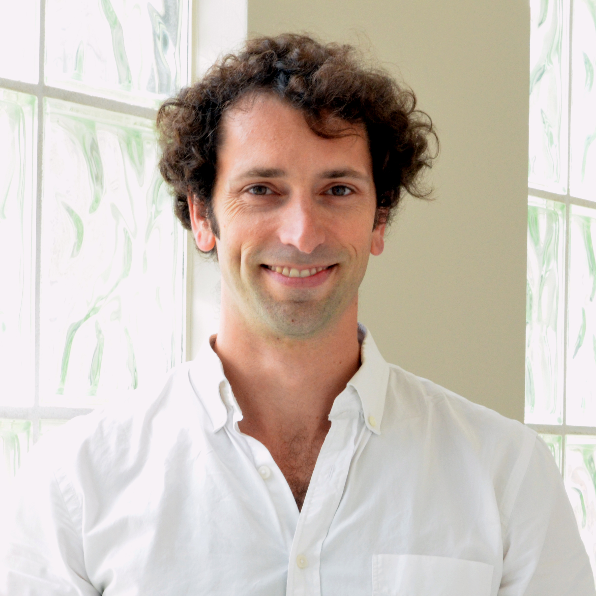Professor Ben Hurlbut, USA

LML Visiting Scholar
Lent Term 2018
Background
Ben Hurlbut is Associate Professor of Bioscience Ethics in the School of Life Sciences at Arizona State University. He studies relationships between science, politics and law in the governance of biomedical research and innovation, focusing on the development and political role of bioethics. Through social and historical analysis, his work has examined how bioethical disputes are shaped by ideas, norms and practices of democratic governance that rely upon scientific authority in particular ways. In particular, he has shown how public bioethical debate in the United States has tended to draw upon tacit ideas of the role of science in producing democratic legitimacy and public reason. He is the author of Experiments in Democracy: Human Embryo Research and the Politics of Bioethics (Columbia University Press, 2017) and co-editor of Perfecting Human Futures: Transhuman Visions and Technological Imaginations (Springer, 2016). He received an A.B. in Classics from Stanford University and a Ph.D. in the History of Science from Harvard University. He was a postdoctoral fellow in the program on Science, Technology and Society at the Harvard Kennedy School.
His current research examines the interplay of scientific, legal and political institutions in shaping innovation agendas and approaches to ethical deliberation and governance. He is studying how culturally-situated ideas about the relationship between science, politics and law (e.g. the “law lag”) shapes how bioethical and governance issues are identified and addressed. He is currently focusing on debates related to human genome editing, human embryo research, and precision medicine.
At LML he will collaborate with Centre deputy director Jeff Skopek to explore the ways the development of precision medicine is eliciting transformational changes in law, policy and social norms in anticipation of, and not primarily as a consequence of, advances in biomedical knowledge. Their project examines the interplay between ideas of how to know and study disease for precision medicine (including the practices of data elicitation that are necessary to gain this knowledge) and approaches to regulating the generation and use of this knowledge (including through laws and norms that incorporate evolving conceptions of privacy, autonomy, and the public good).
Selected Recent Publications
- Hurlbut, J.B.,Experiments in Democracy: Human Embryo Research and the Politics of Bioethics (New York: Columbia University Press, 2017).
- Hurlbut, J. B. “In CRISPR’s World: Genome Editing and the Politics of Global Science.” in ed. Hilgartner, S., Gibbon, S., Painsack, B. & Lamoreaux, J. Handbook of Genomics, Health & Society. New York: Routledge, (forthcoming 2018).
- Hurlbut, J. B. “Laws of Containment: Control Without Limits in the New Biology.” In Gene Editing, Law, and the Environment: Life Beyond the Human, edited by Irus Braverman, 77–94. New York: Routledge, 2018.
- Hurlbut, J.B. “A Science that Knows No Country: Pandemic Preparedness, Global Risk, and Sovereign Science.” Big Data & Society, 4, no. 2 (2017): 2053951717742417.
- Hurlbut, J. B. “Limits of Responsibility: Genome Editing, Asilomar, and the Politics of Deliberation.” Hastings Center Report, 45(5), (2015), 11–14.
- Jasanoff, S., Hurlbut, J.B. & Saha, K. “CRISPR Democracy” Issues in Science and Technology, (Fall 2015), 25-32.
- Hilgartner, S., Prainsack, B. & Hurlbut J.B. “Ethics as Governance in Genomics and Beyond,” in Felt et al ed. The Handbook of Science and Technology Studies, fourth edition, (Cambridge: MIT Press, 2016), 823-852.
- Hurlbut, J. B. “Promising Waste: Biobanking, Embryo Research, and Infrastructures of Ethical Efficiency.” Monash Bioethics Review, 33(4) (December, 2015), 301–24.
- Hurlbut, J. B. “Religion and Public Reason in the Politics of Biotechnology.” Notre Dame Journal of Law, Ethics and Public Policy 29 (2015): 423–52.
